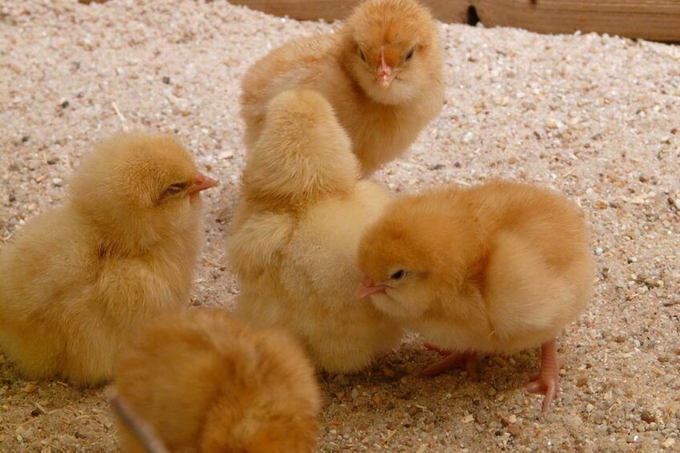November 27, 2025 | 20:33 GMT +7
November 27, 2025 | 20:33 GMT +7
Hotline: 0913.378.918
November 27, 2025 | 20:33 GMT +7
Hotline: 0913.378.918
Not only is the environment burdened by emissions released from poultry production, but also the birds themselves and the workers at the farms are equally affected.

Photo: APC
In poultry production excrement from the birds contain a high level of nitrogen because they are fed on high protein diets.
Due to this high level of protein, the birds cannot use a big part of the contained amino acids, because they are far from the optimal level, which are necessary for the poultry production. These not used amino acids for meat production, are deaminated into nitrogen and appear in the intestine as ammonium. This nitrogen is changed into gas form by bacterial processes, especially when the temperature is high in the houses.
If the concentration of ammonia in the air of the houses is more than 10mg per one cubic meter, it is harmful to the health of humans and animals!
These gases cause lesions on the mucosa in the respiratory tract and these are gateway for harmful bacteria. In many cases we can find up to 50mg ammonia and sometimes more. This costs not only a lot of performance, but it increases the mortality rate substantially and when these gases escape out the chicken houses it is harmful to the environment and quality of life.
That’s why efficient ventilation systems are used, to transport these gases out of the houses. But there we don’t want them anymore and we must avoid them as much as possible. The poultry industry should no longer have the image of burdening the environment!
The company Agrar Prod. & Consulting from Austria (APC), has developed natural feed additives, which have a high selective ammonium binding capacity in the intestine. They are binding a big part of the ammonium in the intestine, which results from deaminated amino acids and helps avoid the existing problem as a result.
Beside this ammonium binding effect, the APC natural feed additives creates a better environment for the lacto-bacteria in the intestine. In several university trials it has been shown the groups of broilers with 0,2% APC additives in the feed increased the number of lacto-bacteria by twelve-fold in the intestine and this caused a reduction of coliforms by 10%. The metabolic excretion from the lacto-bacterias is lactic acid! Everybody knows that this helps the birds with better performance, more immunity and less mortality. In the mentioned trials the PH-value in the intestine of the APC groups was reduced from 6,7 to 6,2 without adding any additional acids!
The Austrian institute HBLFA Raumberg-Gumpenstein, which is responsible for controlling the emissions from animal production, did trials with the APC natural additives and found a 50% reduction in ammonia The odour emissions and CO2 emissions were reduced (on average) by almost 35%.
Additionally, in the APC groups the mortality rate was reduced by 33%! The performance and FCR in all the groups was more than 5% better. In the APC-groups with this lower Ph-value and the increased lacto-bacterias and the reduced coliform bacteria, the mucosa of the small intestine had a much better surface and structure and therefore the birds had a better absorption rate of nutrients.
So, the use of APC natural additives is not only a big contribution to sustainability in the poultry industry, but economically a substantial improvement can be seen! Optimum results for the environment, animals and humans.
(PW)

(VAN) A new study reveals how the simultaneous effects of ocean acidification, salinity and loss of oxygen are making the world more fragile.

(VAN) Hopes are growing that the creation of the first 3D turkey gut model could be a turning point in the battle against the virulent blackhead disease.

(VAN) Tyson, America’s biggest meat supplier, plans to shutter one of its largest beef processing plants as the industry continues to struggle with low cattle supplies and political pressure from Washington.

(VAN) New FAO study shows how digital solutions are empowering farmers and fishers to prevent losses and build resilient agrifood systems.

(VAN) Brazil's COP30 presidency pushed through a compromise climate deal on Saturday that would boost finance for poor nations coping with global warming but that omitted any mention of the fossil fuels driving it.

(VAN) Poultry farmers in the UK have been warned that they could face one of the worst winters yet for bird flu.

(VAN) Prices of main-crop paddy have risen sharply, with jasmine rice hitting 16,100 baht per tonne — the highest level in years.